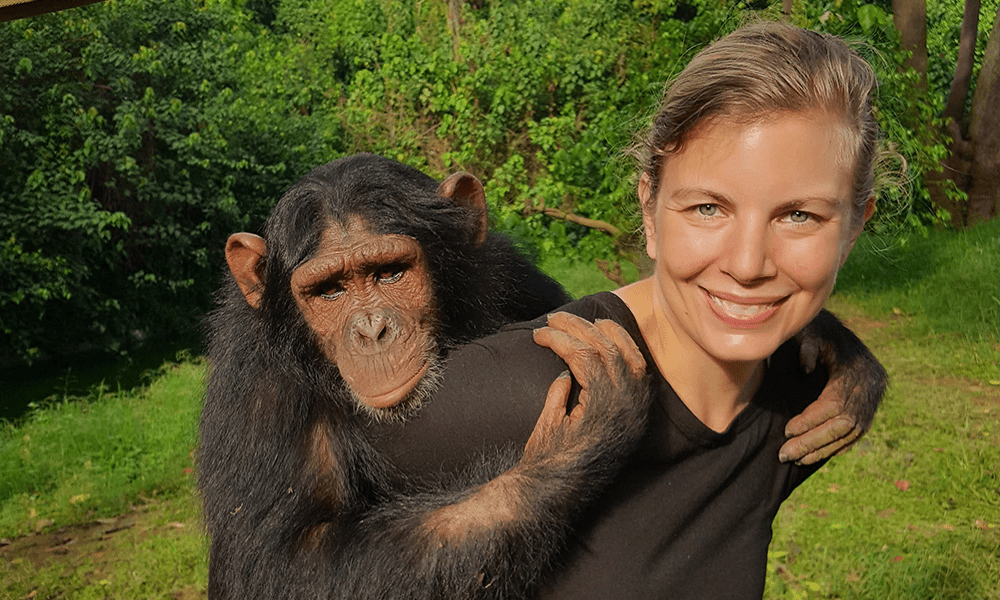JMU researcher finds common motivation for saving endangered species
JMU News
Harrisonburg, Virginia — On Endangered Species Day, research by James Madison University professor Jennifer Byrne is shedding light on the reasons why people volunteer to help animals.
“There’s a desire to speak for animals that can’t speak for themselves,” said Byrne, whose interest is in the intersection of human animal studies and political science. “These volunteers believe that humans must be the voice for creatures that are merely regarded as property at worst, and only have weak welfare protections at best. There’s also an acknowledgement of the intelligence and autonomy many species exhibit. Some species can recognize themselves in the mirror for example.”
Empathy and compassion for animals is one common set of values that motivate people to volunteer in conservation, and specifically with animals. The caretaking instinct extends to all animals, not just those on the brink of extinction, says Byrne.
Another common set of values revolves around a sense of human culpability for the current mass extinction and climate crises. There is a recognition of the interdependence between people and nature and a desire to prevent extinctions that will also adversely impact humans. These volunteers are very motivated by ethical values such as responsibility and are outcomes-oriented.
While the public discourse tends to focus on political actions — laws such as the Endangered Species Act in the United States, international treaties, and anti-wildlife trafficking policies — personal actions are vital to making political actions reality. Like so much today, personal action on endangered species can be connected to identity politics, says Byrne.
Byrne found that different ethical reasoning and ethical values characterized broader interests as well, a person’s politics among them. This additional component of identity has so far been largely overlooked, but is increasingly important as world leaders seek to build political agendas amid warnings of the Intergovernmental Panel on Climate Change (IPCC), the International Union for the Conservation of Nature (IUCN) and others about biodiversity loss.
###
